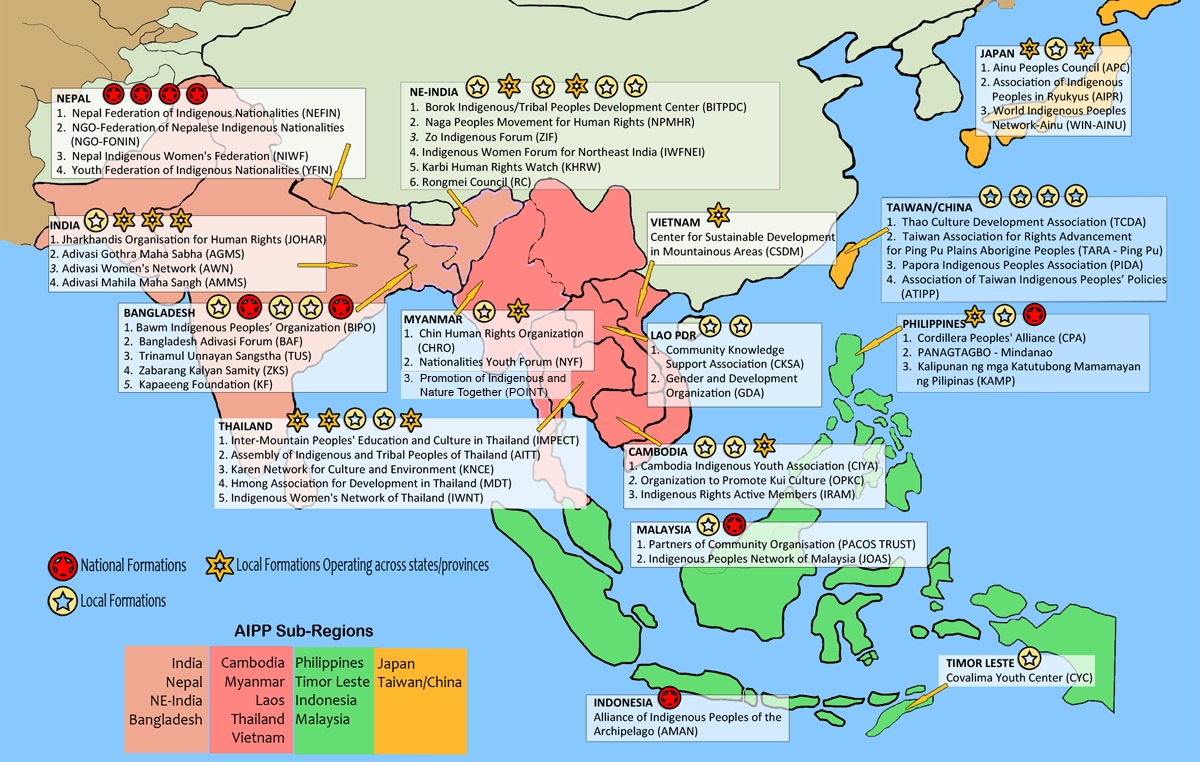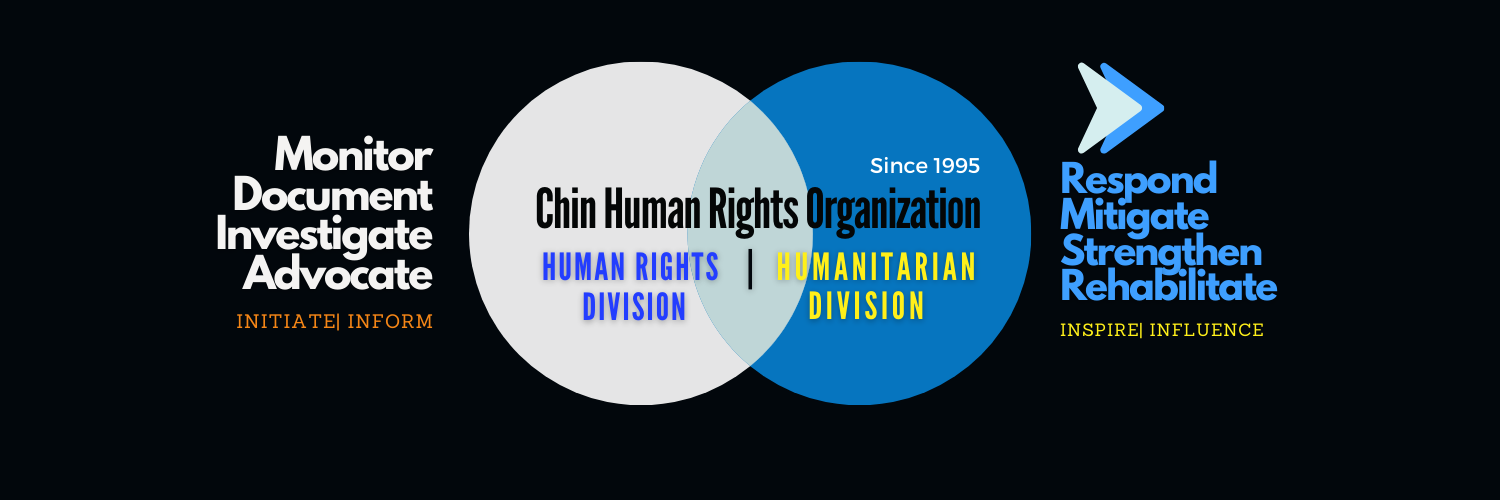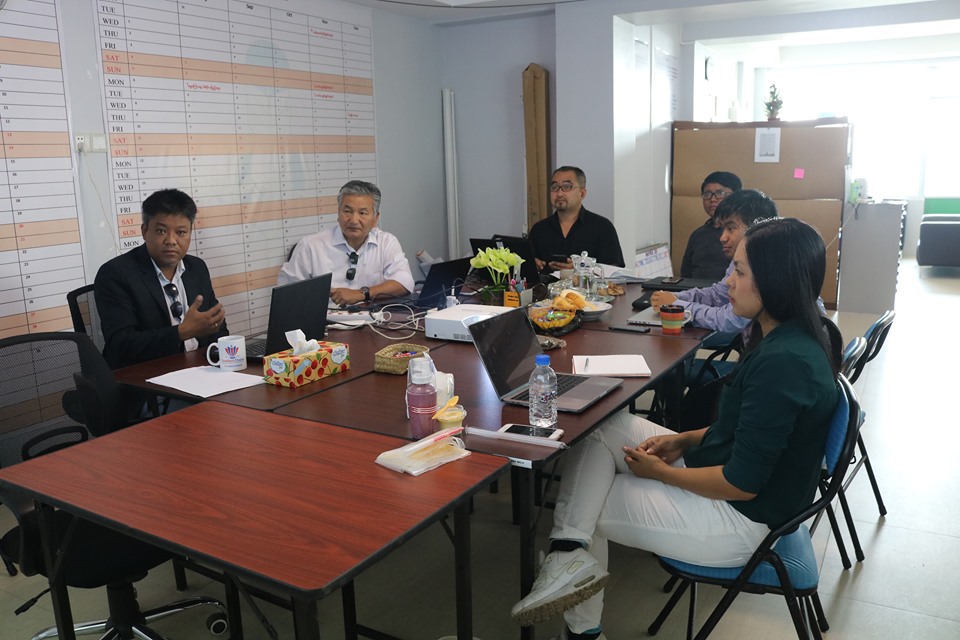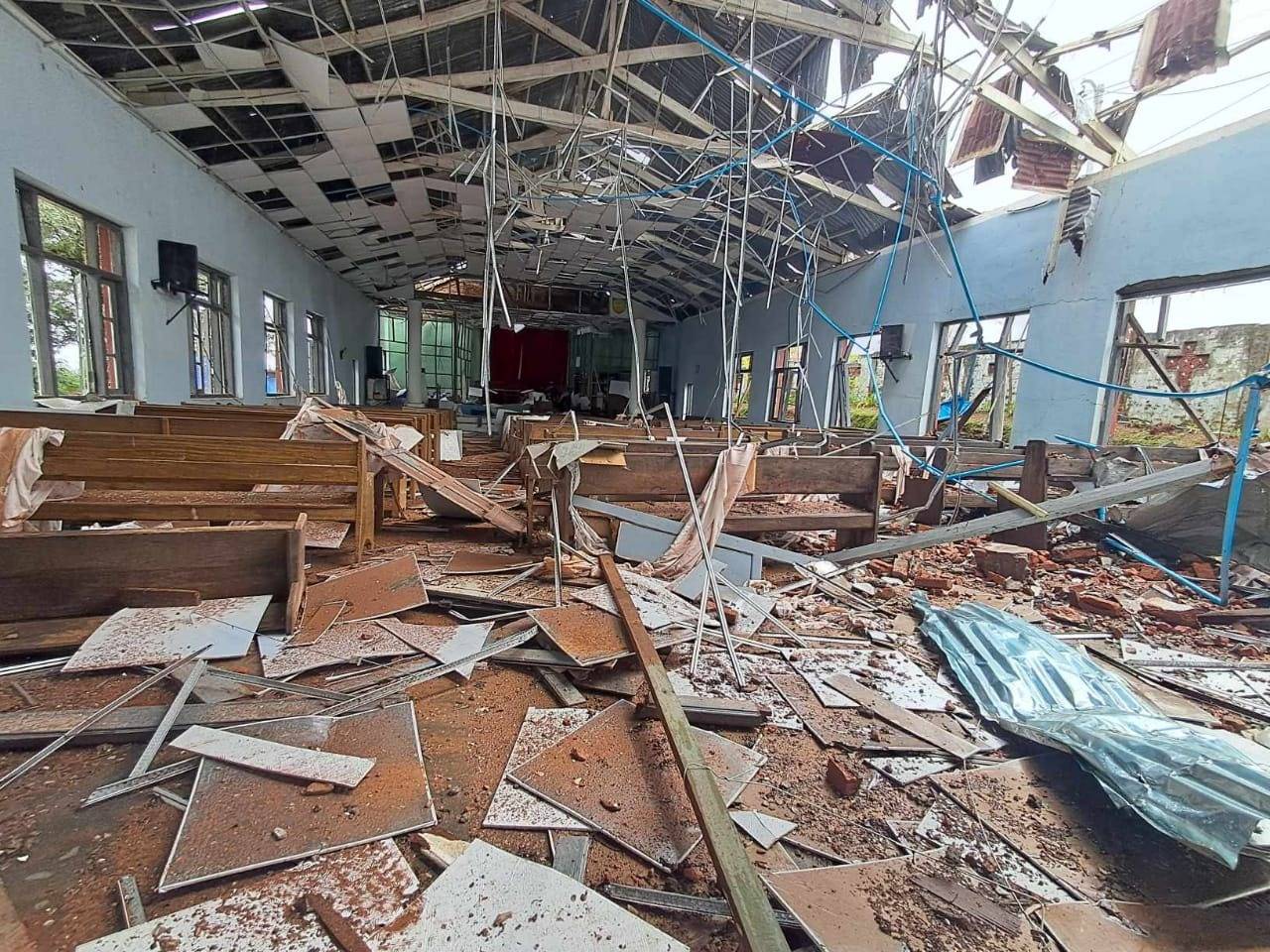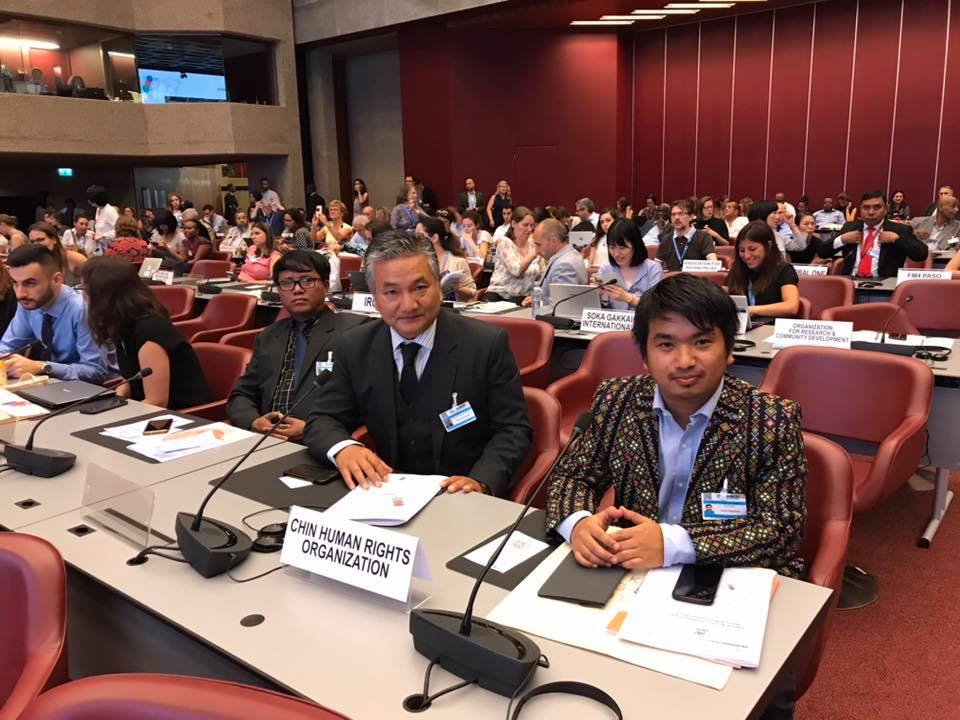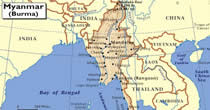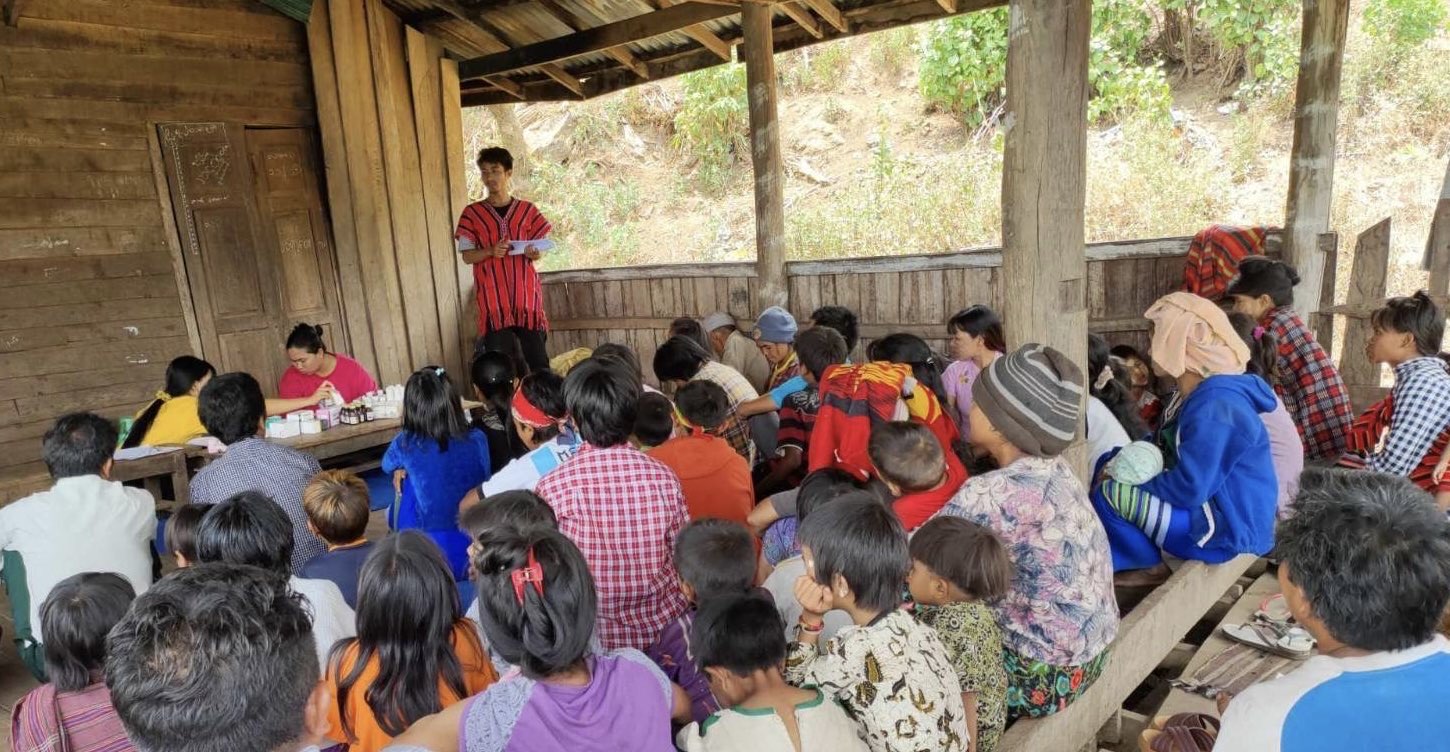
Collaborations
CHRO works collaboratively with a broad spectrum of partners at local, national, regional, and international levels to address human rights violations in Chin State, as well as issues affecting ethnic and religious minorities across Myanmar. Locally, CHRO strengthens grassroots organizations and civil society actors through capacity-building initiatives and coordinated responses. Nationally, it engages with different

